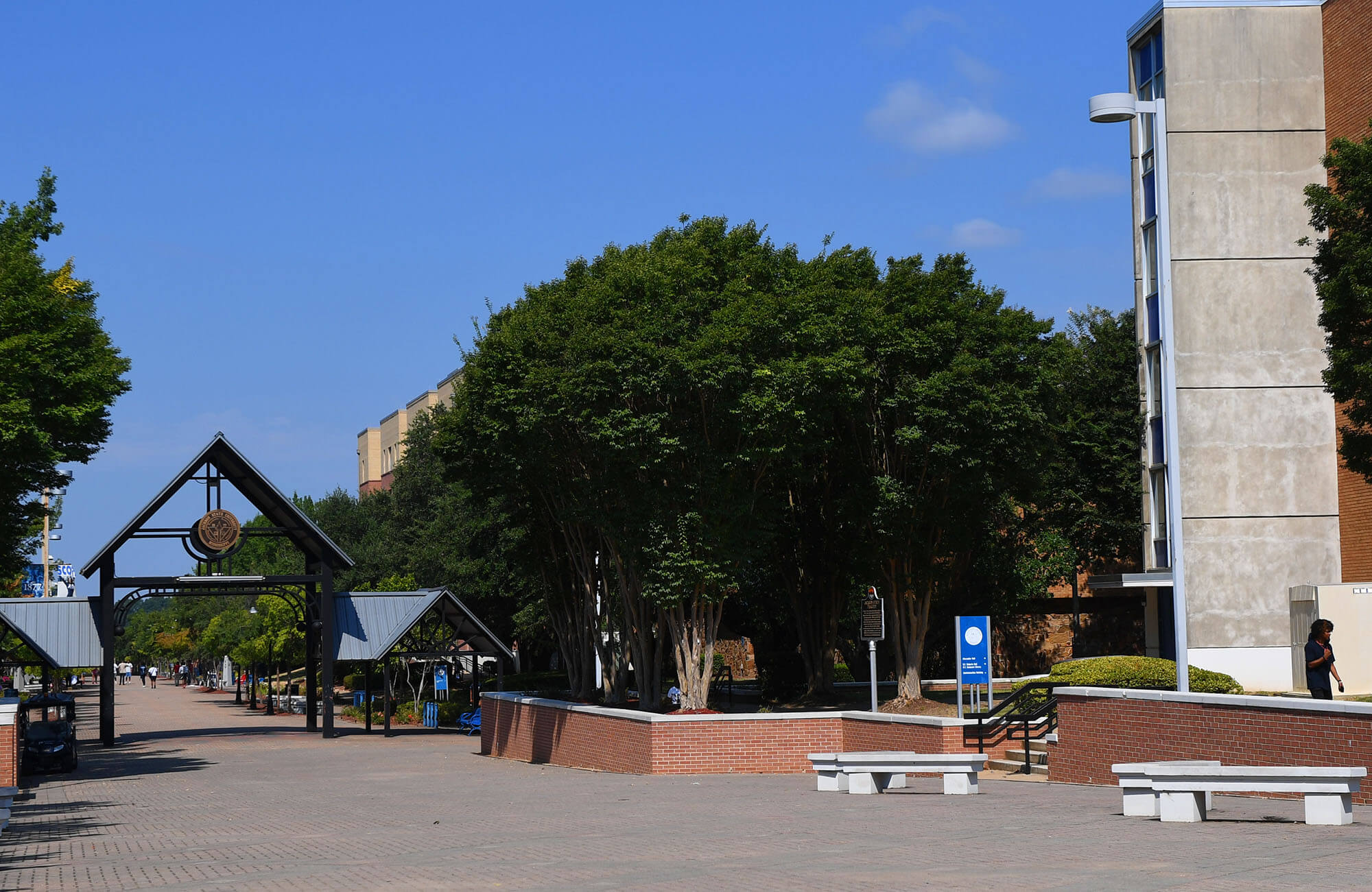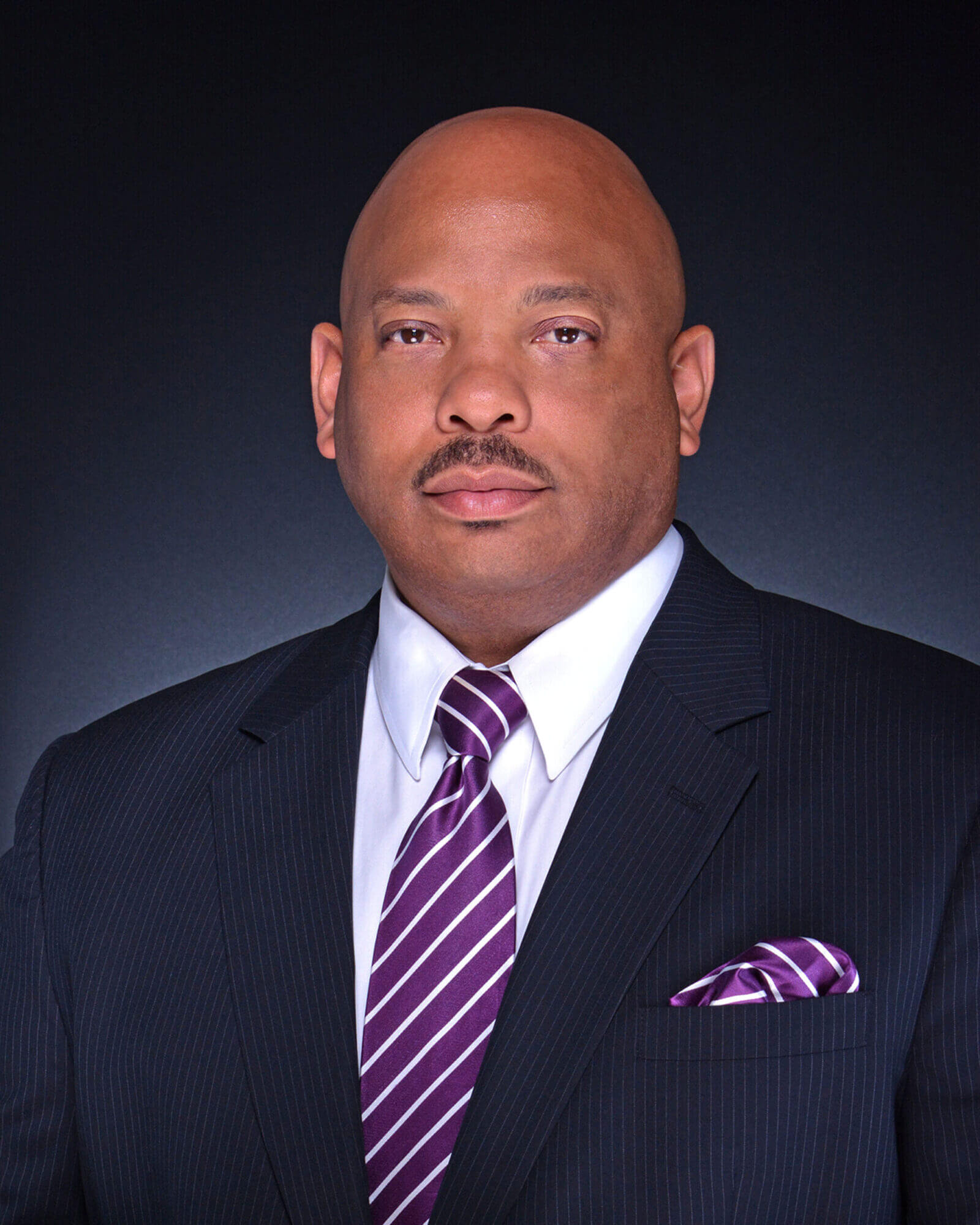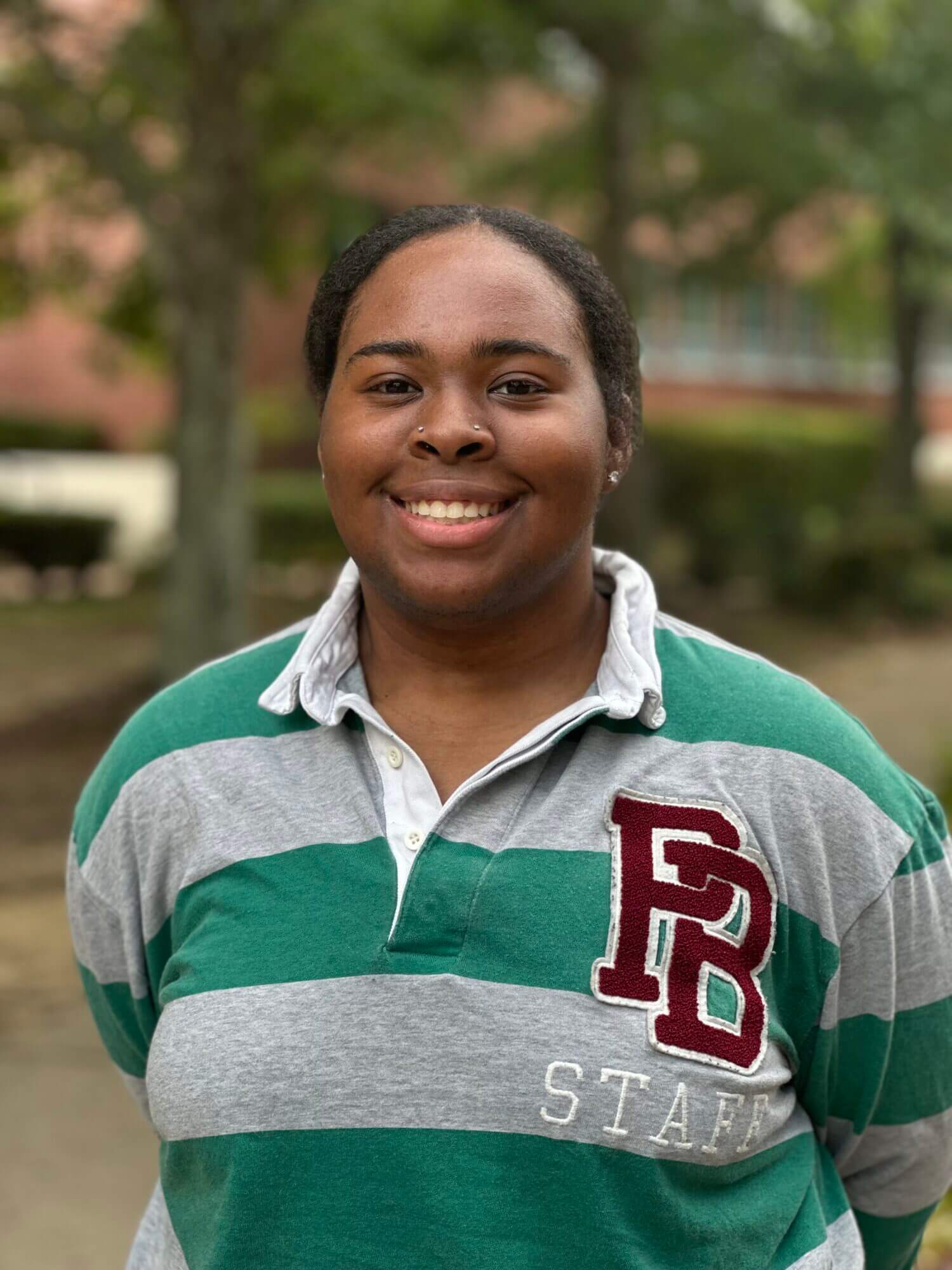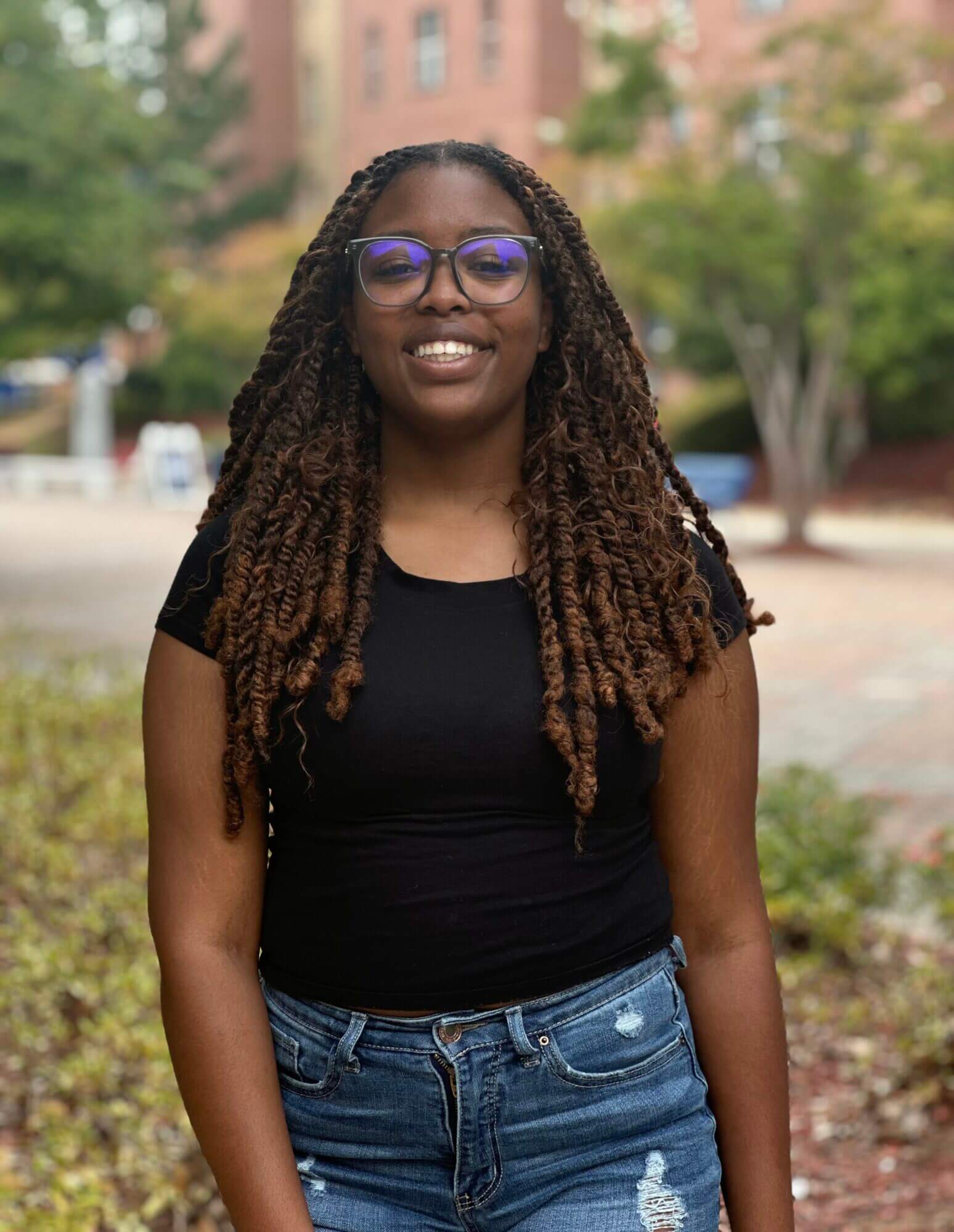

The presidency at Jackson State University has had its fair share of tumultuous transitions.
Students, faculty and alumni were left in disbelief when Mississippi’s higher education board announced Marcus Thompson’s resignation in May, just five days after graduation and two years into his term.
He was the third president to suddenly depart at the state’s largest historically Black university in less than seven years. His predecessor, Thomas Hudson left after two years. Before that, William Bynum resigned after three years, following his arrest in a prostitution sting at a Clinton hotel. The typical college president has been in their current job for 5.9 years.
Yet, in all three cases, the JSU presidents left without formal explanation from the Institutions of Higher Learning board.
During summer break, alumni have taken up the torch, leading email campaigns to voice their frustrations to board members, state lawmakers and elected officials about the university’s chronic leadership turnover.
The effort forced the college board to confront lingering questions about its past choices of university presidents and, more importantly, scrutinize how it plans to make the right decision this time.
Still, the board only pulled back some of the curtain to reveal insights into its executive search process. It has remained mum about most of the plans for seeking the university’s next president.
In any other era, a search committee and timeline would have been publicly announced by now. But, the pressure to hire a permanent leader has grown increasingly complex, polarized and secretive in a contentious higher education climate.
“Discussions on the process have begun, but it’s important to make sure this process is efficient, thorough and timely,” John Sewell, a spokesperson for the board, said in a statement to Mississippi Today.
The board says it wants to ensure Denise Jones-Gregory, the university’s current interim president, who was appointed immediately after Thompson’s departure, has the opportunity to settle into the role.
But, repeated criticism about the board’s history of elevating internal hires and appointing interim leaders among Mississippi’s eight universities has left advocates increasingly wary that the IHL board will continue to ignore its own procedures to provide a fair and transparent search for Jackson State.
Mississippi Today asked the board if Gregory had expressed interest in the role, the board said it was a “personnel matter” and members “have no comment on it.”

Jackson State’s next leader will enter the post amid sweeping federal research funding cuts, uncertainty about federal student loan programs and college support services like Upward Bound, TRiO and GEAR UP, and the Trump administration’s crusade against diversity, equity and inclusion policies.
The university is also experiencing its own set of challenges: student housing shortages, financial constraints, fluctuating enrollment, low morale from faculty and staff, almost a decade worth of mistrust from alumni, community members and supporters.
And there are the perennial questions of how to deal with the many and sometimes conflicting constituencies including the governor, state legislators, political activists and college governing board members.
“This is certainly not a job for the weak,” said Mark Dawson, who chairs Thee 1877 Project, a renegade group of alums who aren’t affiliated with the university’s national alumni association.
Through self-described “guerilla” methods, the group created a qualitative questionnaire for its roughly 3,000 email subscribers this month inquiring about leadership traits alums are looking for in the university’s next president.
They collected more than 370 survey responses, with specific qualities emphasized as being important, like “strong appreciation for HBCU culture, history and legacy,” “financial accountability and budget management” and “unwavering integrity and ethics.”
“Overwhelmingly, people were telling us in our survey that character counts,” Dawson said.
The group’s data mimics national findings: A 2024 report by Academic Search, an executive headhunting firm, found that top education executives commonly listed attributes like trustworthiness and resilience as relevant traits for their presidencies.
Among the 700 college presidents surveyed, more than 90% listed those qualities as “very relevant” to the job, with “behaves in a way that is trustworthy, consistent and accountable” cited the most frequently at 96%. Listening to and understanding stakeholder concerns was also highly cited.
The alumni group said it will share its survey results with IHL board members at a meeting Thursday. With these efforts, they aim to send a clear message: If you’re going to be responsible for selecting presidents, make sure you listen to all voices.
“What we heard from IHL last month is that they believe their processes work and that to me sounds like they’re unwilling to change,” said Sharolyn Love, a member of Thee 1877 Project. “We really want to be in collaboration with IHL to get this right. These results let them know that we are also holding them accountable and we want someone living, breathing and walking these values.”
‘It’s an eight-day-a-week job’
The role of a university president has shifted in recent decades to focus on external relations, while the provost handles many internal issues, said Judith Wilde, a George Mason University professor who studies college presidential searches.
Most can agree being chief of a university has become increasingly harder. For HBCU leaders under Trump, that means a delicate dance of advancing legislative goals and bracing for change while addressing student fears.
“I quote The Beatles and say, ‘it’s an eight-day-a-week job’’ ” Wilde said. “One of the most important qualifications that boards seem to look for now in a university president is their ability to raise money and that requires a lot of time meeting with tons of stakeholders at local, regional and statewide (levels).”
Public universities rely on private donations due to decreasing state appropriations. Just this year, the Mississippi Legislature decreased support for public universities by 4.2% from last year, with an appropriation of $838.4 million to all eight institutions for the 2026 fiscal year.

Even IHL commissioner Al Rankins stated during June’s IHL board meeting that the role of college president has become tougher and many universities “fight above their weight” to keep faculty and staff on campus.
For years, Mississippi’s institutions have all agreed that faculty and staff are underpaid. The average salary of a professor at one of the state’s universities is $87,865 according to data compiled by The Chronicle of Higher Education. But despite several years of state-funded pay raises, Mississippi’s faculty and staff continue to make far less than those in other Southern states.
“We’re at a time in higher education where we’ve seen more change and more flux than I’ve seen over my entire career,” said Rankins, who previously served as president of Alcorn State University. “We can’t continue to go backwards. If we do, it will be very hard for these individuals to provide the quality education and experience that they provide for our students.”
Jackson State and Mississippi’s other HBCUs have experienced historic underfunding compared to their predominantly white counterparts like Mississippi State University and the University of Mississippi, which have deep pockets and big stadiums largely due to private support.
Constant leadership turnover can also disrupt private donor alumni relationships, as well as research funding. While many grants remain in limbo because of the federal administration, other unfriendly policies around international students at tuition-driven institutions could pose a problem.
But Wilde said the job will still attract qualified candidates, appealing to those interested in generous salaries and benefits and mansion-like residences on campus. Currently, Jackson State University presidents make $450,000 annually.
“It’s not a crass way to think about it,” Wilde said. “Of course, there are problems with these jobs and it may attract individuals who don’t have any higher education experience.”
Amid the many challenges, turnover at the president level is a growing problem. The years of experience of those in the job has been declining steadily for nearly two decades, and 55% of surveyed presidents say they plan to step down in the next five years, according to the American Council on Education’s 2023 college president report.
Wilde also said it is not unusual for college boards to choose insiders rather than taking a chance on newcomers. Facing political and financial pressures, university boards appear to have grown more allergic to risk.
In many cases, the IHL board can give itself two options when it searches for a new university president, according to its policy: an extended search with a consultant, or an expedited process in which trustees interview candidates that are “known to the board.” The board has latitude to flip-flop between the two types of searches.
In 2023, the board spent $115,000 on Academic Search, an executive head hunting firm for Jackson State’s president search, after Hudson resigned.
The board appointed Elayne Hayes-Anthony, chair of the journalism department, as temporary acting president. When Anthony expressed interest in the role, the board opted not to pick her for the permanent position. It followed its protocol, announcing a search committee, building a search timeline, and scheduling community listening sessions and a survey.
But then the board went with an internal hire, yet again, and chose Thompson, who was the board’s communications chief and had no experience leading a university. While plans for the current search remain unclear, Wilde said the choices for fairness and transparency are up to those in charge of the process.
“Search firms promote secrecy,” Wilde said. “What you’re really looking for is someone who has been president before and is maybe ready to do it again.”
‘A gemstone that needs to be reset’

This week kicked off fall semester classes at Jackson State. One student, Rayvn Webster, said she hopes her next president will prioritize needs around mental health and burnout.
“So many of us are coming from out of state, and witnessing that instability of president changes since I’ve been here has made our school have a rocky foundation,” Webster, a junior from Memphis, Tennessee, studying industrial technology with a concentration in electrical systems. “We want to think of this place as our home away from home and not a place we can’t trust or feel free.”
Angel Edwards, a sophomore studying political science, said she does not fault any president for leaving abruptly.
She had admired Thompson for his engagement with students, which she saw as his biggest strength. He bridged JSU alums and new generations of future alums.

“I think he understood that this school was our path to a better career, life and opportunity for many of us and our families, and the bonds we built here were sacred,” Edwards said. “But, it was also a lot of kids and a lot of responsibility. So, I get it.”
From the outside, the job of Jackson State president may not seem appealing.
The role requires overseeing nearly 6,000 students, four satellite campuses, a $250 million operating budget and millions of dollars in federal research funding. The next leader will also walk a tightrope, needing to please a mainly white board and advocate for the school.
“Jackson State University is a gemstone that just needs to be polished and reset,” Dawson said. “We have a rich legacy and history and whoever takes the helm needs to understand where we are coming from, where we’re going and what we hope to achieve in the future.”